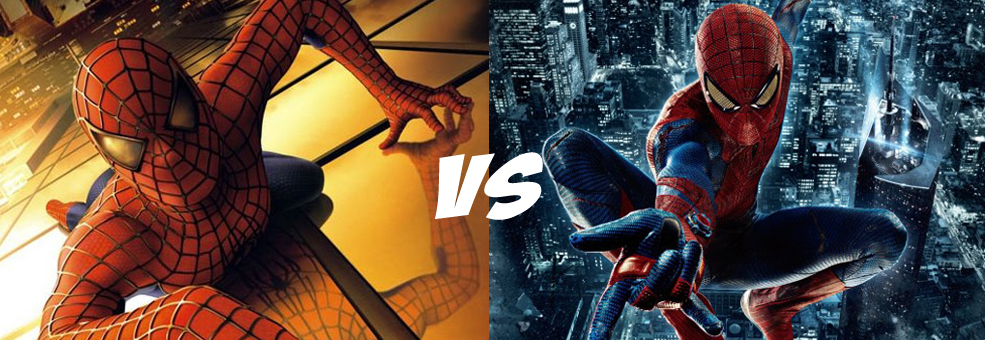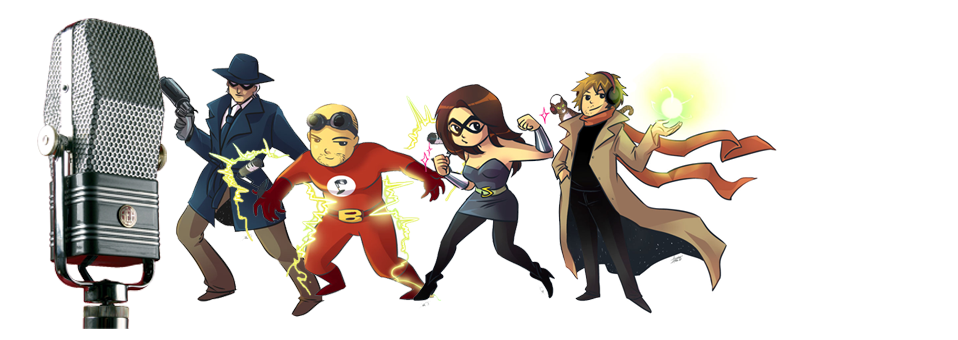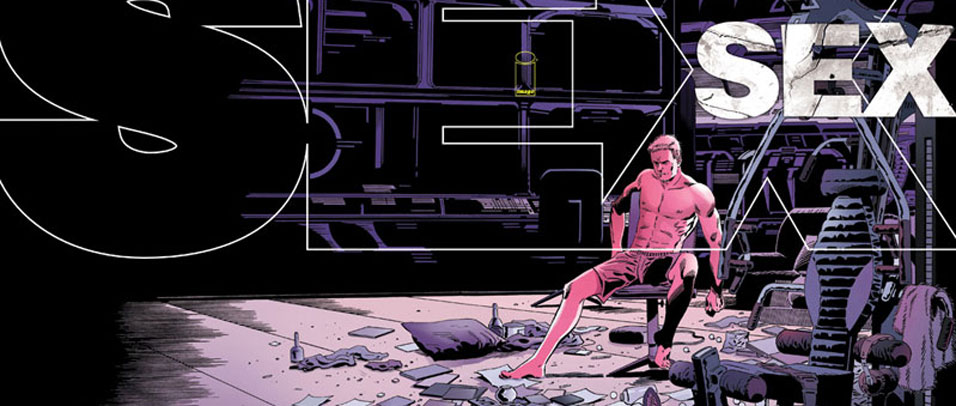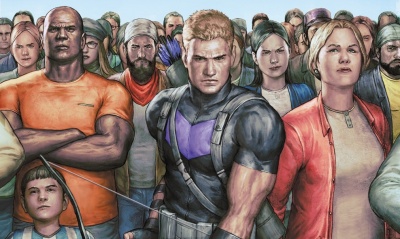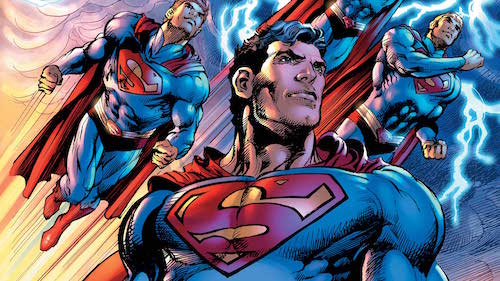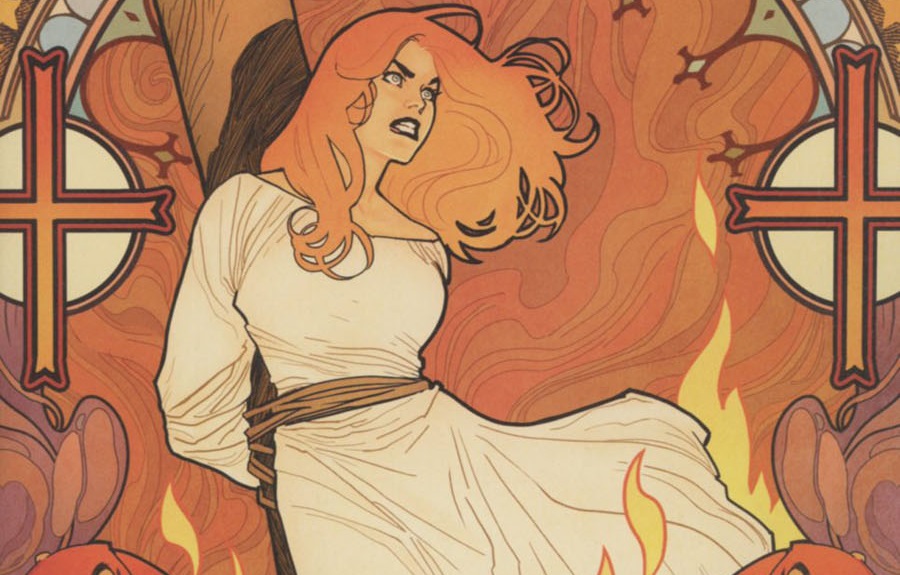By Brian Verdarosa
Believe it or not, two thirds of our superhero movies this summer have been released already, with The Amazing Spider-Man hitting theaters this past Tuesday. Reviews have been favorable (73% on Rotten Tomatoes as of this writing), but the film has drawn criticism and comparison (as is expected) to its predecessors, Sam Raimi’s Spider-Man trilogy.
While I understand the knee-jerk reaction — we’re only human, after all — it does seem a bit unfair that almost every piece I’ve read has made some comment about the reboot being “unnecessary” or “too soon.” Perhaps that is true (though something so subjective could never be proved), but it’s simply a criticism of Sony’s business model and not of the film that Marc Webb & Co. have produced. This was a decision made up on high, and the cast and crew of The Amazing Spider-Man should not be subject to any scrutiny regarding the existence of their film — only the content of what they have created.
And that, my friends, is quite good. You can read Talking Comics’ review of The Amazing Spider-Man here or listen to the podcast reviewing the film here, but that is not what I’ll be doing here (no hyperlink needed — you’re already on the page). I haven’t revisited Spider-Man or Spider-Man 2 in many years, and without a fresh frame of reference I don’t feel comfortable judging Webb’s film.
There are some things I can never experience. Spider-Man came out a month before I graduated high school, and was for a very long time my favorite superhero movie. Experiencing The Amazing Spider-Man in my late twenties is a different animal, of course, but I can only hope that time and (some semblance of ) wisdom have brought me to a more objective place.
From here on in, I will be discussing plot points and spoilers for The Amazing Spider-Man, so read no further if you haven’t seen the film. So, let’s throw on Spider-Man and see what wins in the end!
[Fast forward two hours and 1 minute]
Before we proceed, I should probably let you know that I had only two issues with The Aamzing Spider-Man. They’re both small, but they stuck out to me. One is Curt Connors and his wild, maniacal nature. I felt that there should have been more of a man torn between his two versions — some real Jekyll and Hyde shit — but I just felt he rages and that’s about it. There’s more to what put me off about Connors, but I can’t quite put my finger on it. I’ve got to see it again before I can be sure.
However, I do think there is a scene missing in the film. We know that Gwen Stacy is working for Connors, but are robbed of the moment when she discovers her boss and idol is moonlighting as a monster. Yes, we’ve seen this scene before in plenty of other movies — superhero and non — but it still doesn’t make any sense how she just knows/accepts what is going on.
Let there be no doubt — ten years is ten years, and Spider-Man does not look as polished, fresh or sleek as its reboot. Spider-Man moves smoother and slicker in The Amazing Spider-Man than he does in Raimi’s first film, and that can’t be something you fault him for. Also, the effects sequences in Spider-Man do not hold up nearly as well as I had remembered. Spidey and the Green Goblin are very obviously superimposed in some shots, the green screen is fairly evident and the piece of concrete that Mary Jane is trapped on looks like a tear-away from a Universal Studios ride. And while the Lizard is not the best-looking computer-generated villain of all time, the Green Goblin looks like a Doctor Who villain.
Spider-Man does have a few things going for it over its successor, namely the credit sequence. Raimi’s movie has one, Webb’s doesn’t. Just as Richard Donner’s Superman made you revel in anticipation a few minutes before its story got underway, so does Spider-Man. Danny Elfman’s score isn’t quite as iconic as his Batman, but it sets a tone that James Horner just doesn’t in The Amazing Spider-Man.
Peter gets bitten by the spider ten minutes into the film (though other pacing is off), Aunt May and Uncle Ben look more like Aunt May and Uncle Ben to me (perhaps because Sally Field and Martin Sheen are too famous) and the fun-loving, comic book feel is still a breath of fresh air. Tobey Maguire’s delivery of “Go Web!” still elicits laughs, and the Raimiesque montage sequences still fit well.
While Maguire’s aw-shucks Peter Parker is effective, his emotion is never quite there for me. His tears after Uncle Ben’s death look extremely fake, and don’t even get me started on Spider-Man 3. Andrew Garfield has more pathos than Maguire, and his freak-out on his aunt and uncle resonates much better. In fact, despite the deviation in origin in The Amazing Spider-Man, it makes more sense to me that Ben would be roaming the streets looking for Peter than just getting randomly carjacked.
Some things can’t be compared. The MJ/Peter upside down kiss is still unparalleled (though Peter’s reveal to Gwen in The Amazing Spider-Man is pretty fantastic), and JK Simmons as J. Jonah Jameson may still be the best thing in any of the four movies. Conversely, Spidey quips and snarks his way through battle much better in The Amazing Spider-Man (I don’t count, “you’re out, Gobby. Out of your mind!” as much of a quip).
Ultimately, Spider-Man has a deeper place in my heart but has lost some of its luster over time. The Amazing Spider-Man handles itself quite well as both an original film and an homage to what came before. Now to throw on Spider-Man 2 and see what happens …
Random thoughts:
The teacher in the beginning of the film seems to be doing the Christian Bale Batman voice.
Jim Norton … random.
Mary Jane Watson works at the same diner as Monica Gellar.
When the Green Goblin murders all the board members, he says “Out, am I?” which doesn’t exactly conceal his identity. Then again, he does murder them, so I suppose it all comes out in the wash.

